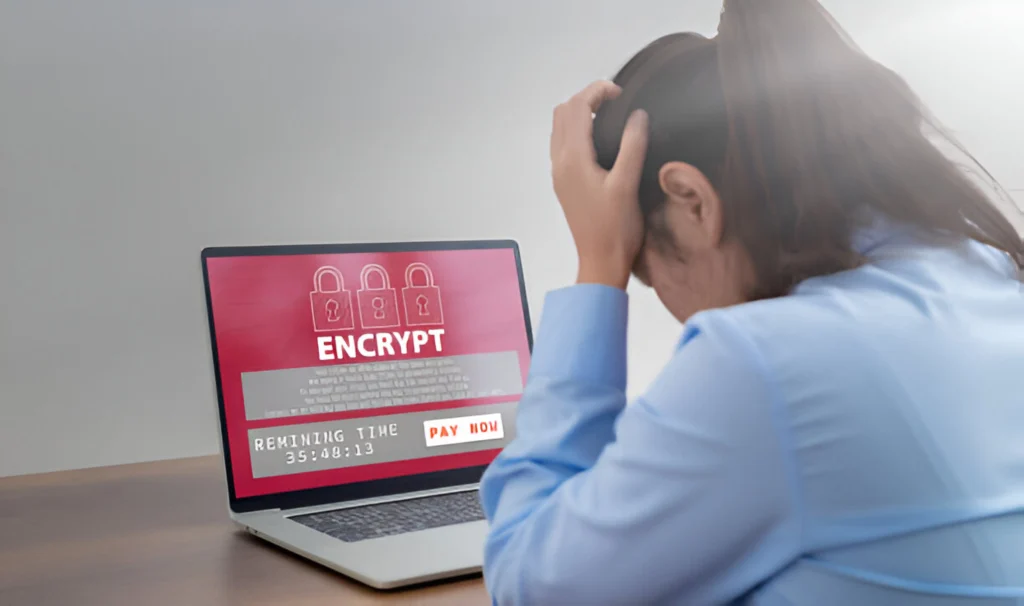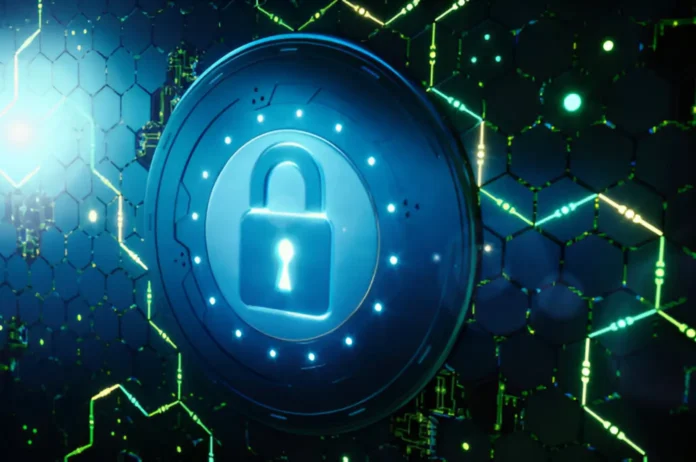Investing in cryptocurrencies like Bitcoin and other digital assets offers exciting opportunities, but it also comes with unique security challenges. Due to their nature as bearer assets with varying degrees of anonymity, cryptocurrencies are particularly attractive targets for scammers and hackers. This comprehensive guide will walk you through the key risks associated with cryptocurrency security and provide practical steps to protect yourself and your assets.
Understanding the Risks in Cryptocurrency Security
1. The Steep Education Curve in Cryptocurrency Security
Cryptocurrency security starts with understanding the complex nature of digital assets. The technology behind cryptocurrencies, such as blockchain and smart contracts, can be intricate. For example, in 2022, a lack of understanding about smart contracts contributed to significant losses in DeFi platforms. This steep learning curve can leave new investors vulnerable to scams and poor investment decisions. Without a solid grasp of how cryptocurrencies work, it’s easy to be misled by fraudulent schemes or poorly managed investment opportunities.
2. Lack of Support from Investment Advisors Affecting Cryptocurrency Security
Unlike traditional investments, many financial advisors and brokerages are still catching up with the cryptocurrency market. This lack of professional support forces individual investors to independently validate investment opportunities, select trading platforms, and manage their assets. For instance, during the rise of various ICOs, many investors were left to navigate these opportunities without professional guidance, increasing their risk exposure.
3. Volatility and FOMO Impacting Cryptocurrency Security
Cryptocurrency security is also affected by market volatility. The digital asset space is known for its dramatic price fluctuations. During the 2021 crypto bull run, many investors, driven by FOMO, invested in unverified projects, leading to substantial losses when those projects failed. When prices are soaring, investors may overlook crucial security practices, such as verifying the legitimacy of platforms and safeguarding personal information. Conversely, during market downturns, the pressure to recover losses might lead to hasty and risky investment choices.
4. Security Vulnerabilities in Decentralized Applications and Cryptocurrency Security
Decentralized finance (DeFi) platforms and applications offer innovative ways to manage and trade crypto assets, but they also introduce new security risks. For instance, in 2022, the Ronin Network bridge was exploited, leading to a $625 million theft. These platforms, including exchanges, lending protocols, and bridges, can be vulnerable to attacks due to bugs or design flaws. In some cases, bad actors exploit these vulnerabilities to steal funds or manipulate transactions. The complexity of these decentralized systems can make identifying and addressing security issues challenging for both users and developers.
Protecting Your Investments: A Comprehensive Cryptocurrency Security Checklist

1. Be Skeptical of “Too Good to Be True” Offers Related to Cryptocurrency Security
If an investment opportunity promises guaranteed returns or seems too good to be true, it likely is. Scammers often use enticing offers to lure investors into fraudulent schemes. For example, the Bitcard scam promised high returns on investments but ended up defrauding investors. Remember, there are no risk-free investments or guaranteed profits in the financial world, including cryptocurrencies. Always approach such offers with caution and conduct thorough research before investing.
2. Conduct Your Own Research for Cryptocurrency Security
Before investing in any cryptocurrency or platform, conduct your own research. Verify the credibility of the project, the team behind it, and the technology it uses. For instance, the successful launch of Ethereum was preceded by extensive research and transparent communication from its developers. Check for reviews, independent audits, and user feedback. Relying solely on recommendations from friends or online influencers can be risky. Ensure that you understand the project’s whitepaper, use case, and potential risks.
3. Exercise Caution with New Token Projects for Cryptocurrency Security
New token projects often attract investors with promises of high returns. However, these projects can also be high-risk and prone to fraud. For example, the 2018 ICO bubble saw numerous projects that failed or turned out to be scams. Be especially cautious with projects led by unproven or anonymous individuals. Research the development team, their previous projects, and their track record. Look for projects that have undergone thorough vetting and have a clear, transparent roadmap.
4. Guard Against Phishing and Scams Affecting Cryptocurrency Security
Phishing attacks and scams are prevalent in the cryptocurrency space. Be wary of unsolicited emails, messages, or phone calls asking for personal information or login credentials. Scammers often use these methods to gain unauthorized access to your accounts. For instance, a 2022 phishing attack targeted users of a popular exchange, leading to significant losses. Avoid clicking on suspicious links or downloading attachments from unknown sources. Use reputable email providers with strong security features and be cautious about sharing personal information online.
5. Protect Your Personal Information for Better Cryptocurrency Security
Avoid publicly sharing details about your profitable trades or investments on social media or in public settings. Scammers and hackers can use this information to target you with phishing attacks or other scams. Additionally, be mindful of the personal information you share on online forums and social media platforms. Limiting the exposure of your investment activities can help reduce the risk of becoming a target.
6. Secure Your Accounts with Strong Passwords and 2FA for Cryptocurrency Security
Password security is critical for protecting your cryptocurrency accounts. Use unique and complex passwords for each of your accounts, and consider using a password manager to keep track of them. Enable two-factor authentication (2FA) on all your accounts, including exchanges, wallets, and email accounts. 2FA adds an extra layer of security by requiring a second form of verification in addition to your password.
7. Avoid Giving Unilateral Control in Cryptocurrency Security
Never grant anyone or any organization complete control over your cryptocurrency accounts or assets. Maintain control over your private keys and wallets. Be cautious of third parties offering to manage your assets or provide investment advice. Always perform due diligence before trusting anyone with access to your funds.
8. Choose Reputable Exchanges for Cryptocurrency Security
When selecting a cryptocurrency exchange, prioritize those with a strong reputation for security and transparency. Look for exchanges with substantial trade volumes and a history of secure operations. Reputable exchanges include Coinbase, Kraken, Bitstamp, and Gemini. Avoid exchanges with a history of security breaches or negative reviews from users.
9. Diversify Your Storage Solutions for Cryptocurrency Security
Just as you wouldn’t keep all your cash in one place, don’t store all your cryptocurrency assets on a single exchange or wallet. Consider using hardware wallets or cold storage solutions to keep a portion of your assets offline. This adds an extra layer of protection against online threats and reduces the risk of losing all your assets in case of an exchange hack or security breach.
Additional Security Measures for Cryptocurrency Security

Use Security Tools
Enhance your security by using tools such as virtual private networks (VPNs) and encryption software. VPNs can help protect your online activities from prying eyes, while encryption software adds an extra layer of security to your sensitive data. Additionally, keep your devices and software updated to protect against known vulnerabilities.
Stay Informed about Security Threats for Cryptocurrency Security
Stay up-to-date with the latest security threats and trends in the cryptocurrency space. Follow reputable news sources, join online communities, and subscribe to security alerts to stay informed. Awareness of recent breaches, new scam tactics, and evolving security practices can help you better protect your investments.
Understand Regulatory Developments Affecting Cryptocurrency Security
Regulations surrounding cryptocurrency are continuously evolving. Be aware of regulatory developments in your region and how they might impact your investments. Understanding the legal landscape can help you navigate potential risks and ensure compliance with relevant laws and regulations.
Summary and Key Takeaways
- Educate Yourself: Understand the technology and risks associated with cryptocurrencies.
- Verify Opportunities: Conduct thorough research before investing in new projects or platforms.
- Protect Personal Information: Be cautious of phishing attempts and avoid sharing investment details publicly.
- Use Strong Security Measures: Implement strong passwords, 2FA, and security tools to protect your accounts.
- Choose Reputable Platforms: Use well-established exchanges and consider diversifying your storage solutions.
Conclusion
As cryptocurrency continues to gain mainstream acceptance, the importance of Cryptocurrency Security cannot be overstated. By understanding the risks and implementing the protective measures outlined above, you can significantly reduce your exposure to threats and safeguard your investments. Remember to stay informed, be cautious, and always prioritize security in your cryptocurrency endeavors.



